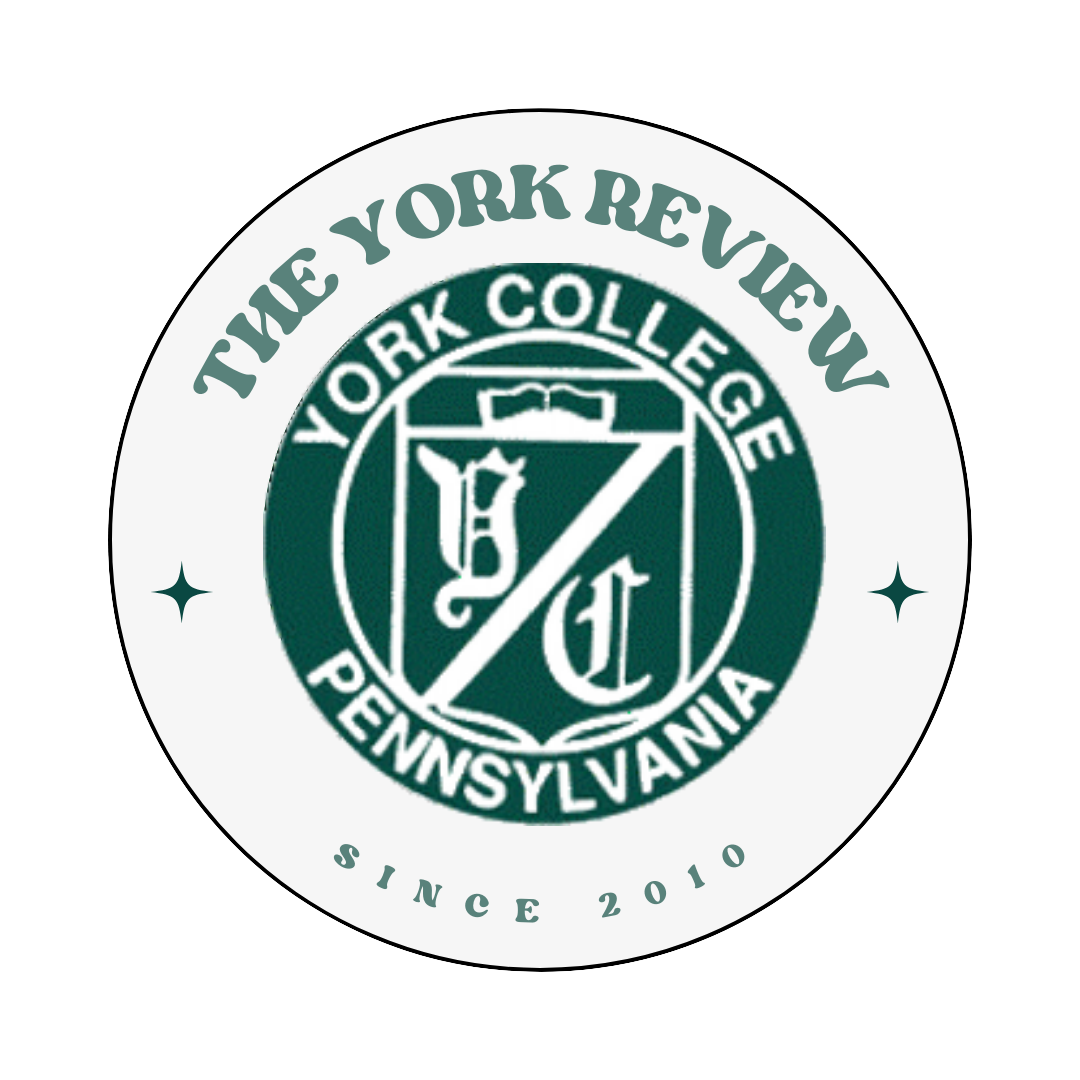Public Transportation at YCP
I came to YCP in the Spring of 2021 from the University of Pittsburgh. I struggled to thrive in my classes of 200-300 people, and as a York native, I knew that YCP could give me the small school environment I so desperately needed. Sure enough, I was doing better in my classes, and I actually got to know my professors and peers – at a huge state school like Pitt, this is virtually unheard of. However, as I talked to more and more on-campus students, I was absolutely shocked at how many of them have never been to some of the best local hotspots – including juniors and seniors! I’ve even met some students who haven’t even stepped foot off-campus. I was baffled. I’m always attending First Fridays, shopping downtown, getting coffee at local shops, visiting local art galleries, hiking at local parks, and so much more. For Pete’s sake, some of you have never even tasted a Roburrito’s burrito – the HORROR!
These very shocking realizations made me reflect on my time at Pitt. Even though I didn’t enjoy the actual school, I fell in love with the city. Every day, I used my Pitt ID to tap onto the Port Authority buses and explore the vibrant city; sometimes, my friends and I would take a 20-sided DnD die, get on the first bus that came to us, and roll the die to see which stop we’d get off at and investigate together. I bonded with my friends and the local community, and I have Pittsburgh’s public transportation to thank. Coming back to YCP and talking with fellow students made me realize just how much of a game-changer public transportation can be. Enter: Rabbit Transit.
Rabbit Transit is south-central PA’s main form of public transportation. Much like Port Authority in Pittsburgh, there are a variety of buses and routes that are accessible to everyone: commuters, bike riders, people with disabilities, young, old, et cetera. I personally have ridden the Rabbit Transit (in fact, I had a first date on a Rabbit Transit from my house to downtown York) and can attest to its convenience and ease. If YCP wants its students to explore and connect with the community, Rabbit Transit is the magic ticket to uniting the campus and city. Aside from connecting students with York County, public transportation is environmentally friendly, significantly safer than current options, cost-effective and affordable, and can appeal to both student and faculty long-term wants/needs.
The draw of public transportation for many is the sustainability aspect. Individual cars undoubtedly produce more CO2 emissions than public transportation; y’know how carpooling is encouraged to reduce pollution? Imagine the impact if carpooling was tripled in the form of mass transit busing! According to the Department of Transportation, “U.S. bus transit… emits an estimated 33% lower greenhouse gas emissions per passenger mile than the average U.S. single occupancy vehicle.” YCP has taken a recent interest in sustainability, as seen by their recent addition of a Sustainability Chair on Student Senate, as well as recent majors like Environmental Horticulture. Not only does public transportation like Rabbit Transit generally have lower emissions, but the U.S. Department of Transportation also points out that buses reduce road congestion by removing individual cars from the road and, “by reducing congestion, transit lowers emissions from cars stuck in traffic.” For my fellow tree-huggers, public transportation is part of a green future, and YCP could be a part of that.
I also want to point out the current safety concerns with how student’s travel now. Students are primarily travelling by bike, car, or walking. Bikers and walkers are obviously faced with safety concerns the minute they step off-campus; muggings and other forms of violence are unfortunate realities of living in suburban-urban areas. YCP is also surrounded by busy roads which can be hazardous for these students. For students who travel by car, even parking downtown can be a concern as car break-ins are not uncommon. Drivers are also significantly more likely to get in an accident in their private vehicle than a bus. According to APTA, taking public transportation decreases the chance of being in an accident by more than 90% when compared to driving. Even for student safety, Rabbit Transit is the way to go for YCP.
Now, some of you may be concerned with the costs associated with introducing Rabbit Transit as part of the campus experience. However, costs may actually decrease or stay about the same for students when you break down normal travel costs. Rabbit Transit fares, without special pricing or negotiation, are $1.00 per ride. For a student riding 5 days per week, to and fro, for nine months (a school year), that’s $360.00 cost to the school (or tacked onto tuition). However, Rabbit Transit also offers bulk pricing, and many students wouldn’t ride the buses every day, thereby reducing costs. For commuters, this is also cheaper than gas. According to YDR in 2019, the average gas price was $2.98/gallon. For a 10 gallon car getting filled every week for nine months, this comes to $1,072.80. Gas is more expensive now, so I can only imagine what that figure looks like with updated numbers. I don’t know about you, but I’d take the $360 over that any day. Also, for you long-haul commuters: less cars on campus = more parking!
My final argument simply appeals to the long-term wants of students and faculty; many in the YCP administration want a tight-knit bond between students and the city. Many students want to explore but cannot. Public transportation is an overlooked bridge between communities, and it can be an amazingly powerful tool for both student and administration goals. To find out more and inspire Student Senate and Administration to look into public transportation, scan the QR code below for a petition on public transportation at YCP!


